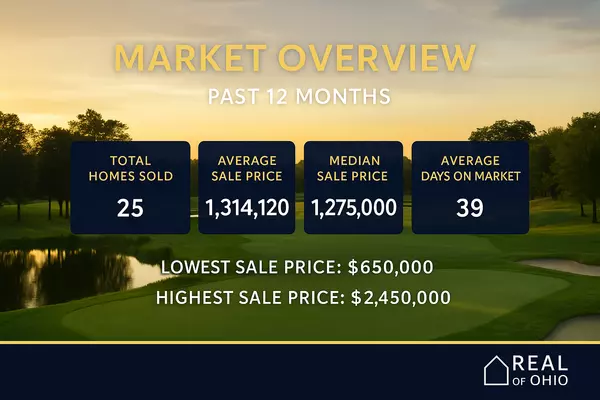Navigating the Timeline of Selling Your House: When Can You Expect to Get Your Money?

Selling a house is a significant financial transaction that involves various steps and processes. One of the most common questions homeowners have is, "When do I get my money after selling my house?" The journey from listing your property to receiving the proceeds can be a complex and multi-faceted process. In this blog post, we will guide you through the various stages of selling a house and provide insights into when you can expect to receive the funds from the sale.
- Listing and Marketing Your Property
The journey begins with the decision to sell your house. Once you've chosen a real estate agent or decided to sell it independently, the first step is to list and market your property. This phase involves preparing your home for sale, creating appealing listings, and showcasing your property to potential buyers. The duration of this stage can vary depending on the local real estate market, the condition of your property, and your marketing strategy.
- Finding a Buyer and Negotiating the Sale
Once your property is on the market, the next step is to find a suitable buyer. This process can take days, weeks, or even months, depending on factors such as the demand for properties in your area and the asking price. Once a buyer is interested, negotiations begin. This phase involves agreeing on the sale price, potential repairs or improvements, and other terms of the sale. Negotiations can influence the timeline, and reaching a mutually acceptable deal may take some time.
- Acceptance of the Offer and Escrow
After negotiations, when both parties have agreed on the terms, the next step is the acceptance of the offer. At this point, the buyer typically provides an earnest money deposit as a show of good faith. The funds are held in escrow until the closing process is completed. Escrow serves as a neutral third party that ensures both the buyer and seller fulfill their obligations in the transaction.
- Home Inspection and Appraisal
Simultaneously with the escrow process, the buyer will conduct a home inspection to assess the property's condition. Additionally, the lender may order an appraisal to determine the fair market value of the house. These steps are crucial for the buyer to secure financing and ensure they are making a sound investment. Any issues that arise during the inspection may lead to further negotiations or the need for repairs, potentially impacting the timeline.
- Clearing Contingencies and Finalizing the Sale
Once the home inspection and appraisal are complete, the buyer may need to clear any contingencies specified in the purchase agreement. Contingencies could include obtaining financing, selling their current home, or resolving any issues uncovered during the inspection. Clearing contingencies is a significant milestone that brings the sale one step closer to closing. The time it takes to resolve contingencies can vary but is a crucial factor in determining when you will receive your money.
- Closing Process
The closing process is the final step in selling a house. During the closing, both parties sign the necessary paperwork, and the title to the property is transferred from the seller to the buyer. The buyer pays the remaining balance of the purchase price, including closing costs and other fees. The funds from the buyer are then disbursed to the appropriate parties, including the seller.
- Disbursement of Funds
After the closing process is completed, the funds from the sale are disbursed to the seller. The disbursement includes the net proceeds from the sale, which is the amount left after deducting the outstanding mortgage, closing costs, agent commissions, and any other agreed-upon expenses. The disbursement is typically made via a check or wire transfer, depending on the arrangements made during the closing.
Factors Influencing the Timeline
Several factors can influence the timeline from listing your house to receiving the proceeds from the sale:
-
Local Real Estate Market: The demand for homes in your area can significantly impact how quickly you find a buyer.
-
Market Conditions: Economic conditions and interest rates can affect the overall real estate market and the speed at which transactions occur.
-
Property Condition: Homes in good condition tend to sell faster. Investing time and resources in preparing your home for sale can expedite the process.
-
Pricing Strategy: The asking price plays a crucial role in attracting potential buyers. A well-priced property is likely to generate more interest and sell faster.
-
Negotiation Dynamics: The negotiation process can impact the timeline. A smooth negotiation may lead to a quicker sale, while prolonged negotiations can delay the process.
-
Contingencies: The time it takes to clear contingencies can vary based on the specific conditions outlined in the purchase agreement.
Conclusion
Selling your house involves a series of steps, from listing your property to the final closing process. The timeline for receiving your money after selling your house depends on various factors, including market conditions, negotiations, inspections, and the closing process. Understanding each stage of the selling process and the factors that can influence the timeline will help you navigate the journey more effectively. While the timeline can vary, a well-prepared and informed seller can work towards a smooth transaction and a timely receipt of the proceeds from the sale.
Categories
Recent Posts











